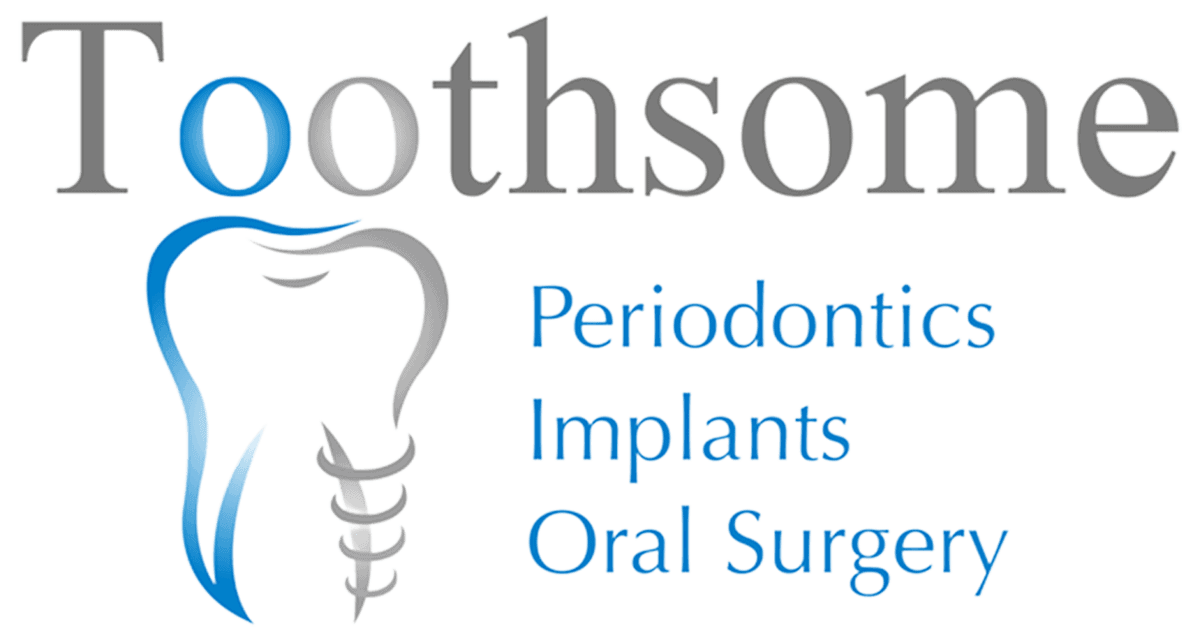
While a lucky few people may never get their wisdom teeth, and others will develop them without any issues, many people whose wisdom teeth do grow in experience painful complications that may require wisdom tooth extraction. This third set of molars need removal for various reasons, with one of the most common being that they grow at an improper angle below the gumline.
If you have wisdom teeth that need to be removed, it’s common to experience some discomfort in the affected area before getting your wisdom teeth removed. Similarly, you may experience mild-to-moderate wisdom tooth extraction pain immediately following your wisdom teeth removal procedure.
Why You Might Need Wisdom Teeth Removed?
Your wisdom teeth are a third set of molars located deep in your mouth. When it comes to brushing and flossing your teeth, your wisdom teeth position makes them particularly difficult to clean. If you struggle to keep your wisdom teeth clean, you’ll likely experience plaque build-up, which can make them more prone to cavities and infections, such as gum disease. By proactively seeking wisdom teeth removal, you can reduce the chances of decay or infection and save yourself from any discomfort in the future.
Of course, a trip to your dentist will ultimately determine if you need wisdom tooth extraction due to lingering issues or complications your dentist wants to help you avoid. However, some indicators might tell you it’s time to get your wisdom teeth removed.
- Impacted Wisdom Teeth
One of the primary reasons people undergo wisdom tooth extraction is impacted wisdom teeth. Impacted wisdom teeth can be very painful and result in symptoms like tender or bleeding gums, or a stiff or swollen jaw that impacts your ability to open your mouth or chew. Failing to seek wisdom teeth removal can lead to additional oral complications.
- Crowding and Alignment Issues
Patients often need to get wisdom teeth removed because they take up too much space and cause overcrowding. This crowding causes them to push against other teeth and lead to alignment issues. If you received previous dental work to straighten your teeth, removing your wisdom teeth before they have a chance to shift your teeth enables you to keep your straight smile.
- Other Signs You Need Wisdom Teeth Removal
Beyond impacted wisdom teeth and crowding, there are other signs you may need wisdom teeth removed. Some of these may include sinus pain, which occurs when wisdom teeth have grown too close to your sinus cavity, or other symptoms like a bad taste or odour coming from the back of your mouth.
Performing a Wisdom Tooth Extraction and Treating Discomfort
Once your dentist has determined a wisdom tooth extraction is needed, they will provide you with a customised treatment plan, which may involve either a simple wisdom tooth extraction or more complex removal process.
- Simple Wisdom Tooth Removal
 If you do not have impacted wisdom teeth, your dentist may recommend a simple wisdom tooth removal. This relatively simple extraction procedure is done with local anaesthetic at your dental clinic and can be completed in as little as 10 minutes.
If you do not have impacted wisdom teeth, your dentist may recommend a simple wisdom tooth removal. This relatively simple extraction procedure is done with local anaesthetic at your dental clinic and can be completed in as little as 10 minutes.
While you may feel some pressure while your dentist loosens the tooth from the socket and uses forceps to grip and remove the tooth, you should not feel any wisdom tooth extraction pain. Once the tooth has been removed, the socket is packed with gauze to help form a blood clot.
- Complex Wisdom Tooth Removal
If the affected wisdom teeth are impacted in a problematic angle or located deep in your jawbone, you may require a more complicated tooth extraction. In this case, our dentist Dr Willis may recommend a general anesthetic.
At Toothsome Periodontics, Implants & Oral Surgery, patients are offered a full range of anaesthesia options to ensure their comfort. These sedation options include local and general anaesthesia, as well as Toothsome’s twilight sedation option, which is a mild dose of sedative to help those with greater levels of anxiety.
Once you’ve been given the proper anaesthetic to prevent any discomfort during the procedure, our dentist Dr David Willis will then carefully make a small incision in your gums and bone tissue to expose your wisdom teeth and remove it. You may feel pressure as the tooth socket is widened to remove the tooth. Once entirely removed, your dentist will use dissolvable stitches to suture the open socket.
Wisdom Tooth Extraction Pain Post-surgery
Following a wisdom tooth extraction, you may feel mild to moderate discomfort as the site heals. This discomfort is normal and should dissipate quickly. The more invasive your surgery, the longer it will take the site to heal and the swelling to subside.
While recovery time for wisdom tooth removal varies from patient to patient, wisdom tooth removal recovery can take up to two weeks. However, most people can return to work or school within a week and resume normal activities the next day.
In the initial days after your procedure, this is when you will experience the most acute discomfort. For the first 24-48 hours, you may experience swollen or bruised cheeks, tender gums, jaw soreness, and stiffness. To help manage your discomfort levels, you can take over-the-counter medications recommended by your dentist and routinely place ice packs on your sore jaw to help minimise swelling.
Twenty-four hours after your procedure, you can begin rinsing with an antiseptic mouthwash or salt water solution to help with inflammation and reduce your chances of infection. You can also resume drinking hot liquids, using a straw, and slowly incorporate harder foods, being careful not to chew in the affected area.
If you experience any signs of infection, such as persistent bleeding, pus, or severe pain, immediately contact your dentist.
Book a Consultation Today
If you have wisdom teeth that are causing you discomfort or are experiencing pain following a wisdom teeth removal procedure, call Toothsome Periodontics, Implants & Oral Surgery on (02) 8203 8786 to arrange a dental exam.
Note: Any surgical or invasive procedure carries risks. Before proceeding, you should seek a second opinion from an appropriately qualified health practitioner


